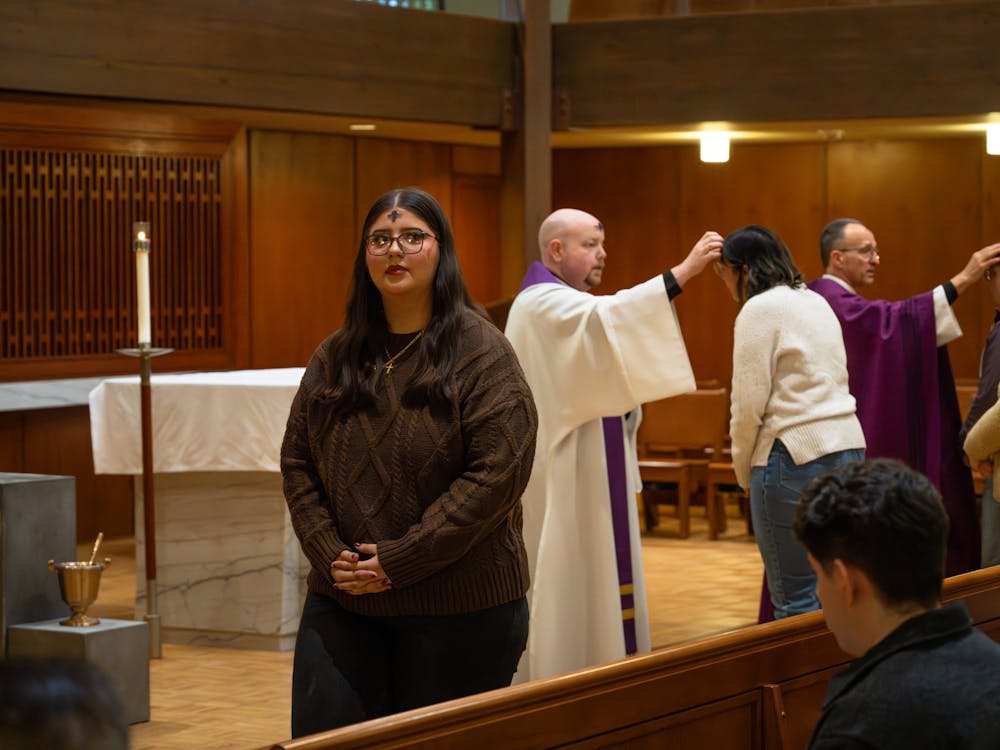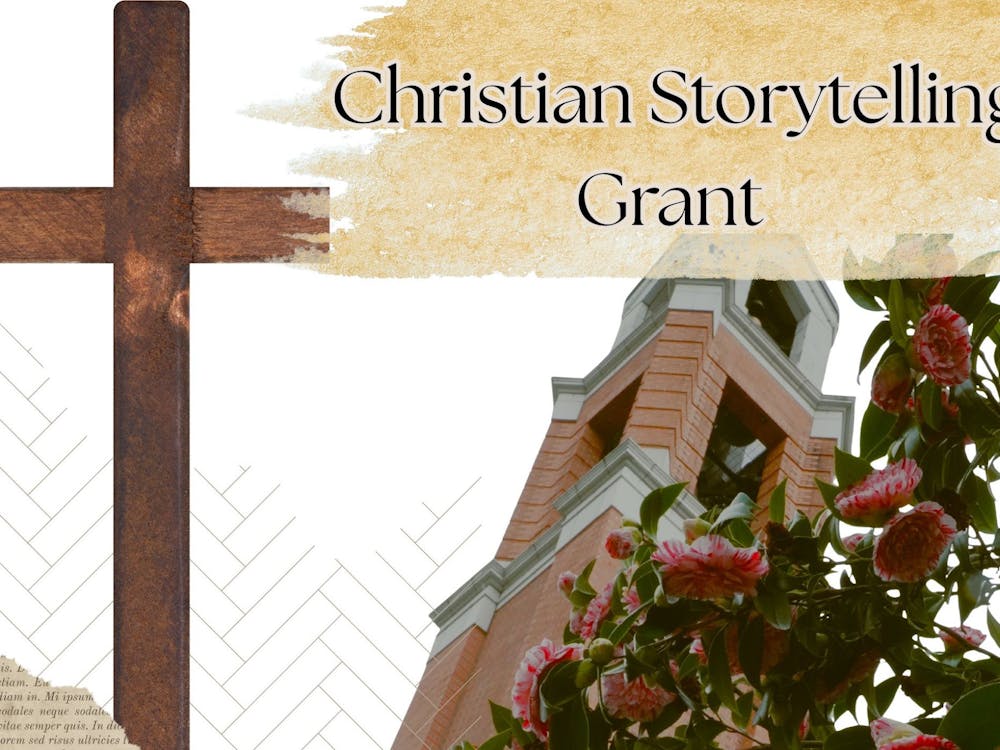(Photo courtesy of fromthebarn.org)
By Anthony Paz, Guest Commentary
Today is All Saints' Day. Although it is often overlooked as nothing more than the day after Halloween, this is a seriously awesome Feast Day. It is the day that we intentionally remember the very best things about humanity and, in so doing, the very best things about God. One doctrine highlighted in this celebration deserves a closer look: The Communion of Saints.
The Communion of Saints is a marvelous piece of theological understanding. Having arisen naturally from early Christian devotional practice, Catholics affirm that holy men and women, whether recently deceased or long gone, still have a place in the lives of the Faithful on Earth. Certainly, God retains all power when it comes to intervening in the Cosmos and answering prayers. However, God generously extends this power to those who have entered the next phase of being- blessed afterlife. The upshot for us? We have extra friends in heaven who will listen to our prayers and become our advocates before Jesus.
So who becomes a Saint? A Saint is, essentially, someone who has died and gone to heaven. Of the billions of humans who have lived, only a few thousand have been officially declared Saints by the Catholic Church. While these are the people we can confidently declare, through rigorous study of their lives and afterlives, to have come into life with God, there is every reason to believe that countless other souls have found a similar happy fate. God's generosity knows no bounds, as demonstrated by the gift of His very life in the sacrifice of Jesus on the Cross, so we can only assume that sainthood is bestowed upon even those who will remain unknown throughout history.
More than a nice devotional practice, however, the idea that Saints exert influence in the afterlife is one of the most human-affirming propositions available throughout the world of religious belief. Think about it. God is all-powerful, eternal and just generally incomprehensible to us, His creations. Yet somehow he has decided, out of sheer generosity, to share the rule of human needs and desires with us. We strive to live up to the best of our natures in our own (often insignificant) spots in time and space. In return, God invites us into the most intimate recesses of God's being. We honor Saints because God honors them. After all, Jesus was divine and human. In God's becoming man, He invites us to share in His nature, too. That's what Sainthood is all about: doing our best to accept God's generosity!
Further, this plethora of Saints provides examples of how to live well no matter who you are. We find the best in ourselves by looking at the best of those who have gone before us. Who hasn't been comforted by St. Peter's example of sin, repentance and forgiveness? We know that if that guy, a married fisherman from a backwater sea town, can become Jesus' best friend, then so can any of us.
So, let November 1st remind you of God's generosity and the people who have persevered to accept it. Sainthood isn't just for pious monks and nuns, it's for you and me, too.
Anothony Paz is the Assistant Director for Faith Formation for Campus Ministry. He can be reached at paz@up.edu.







